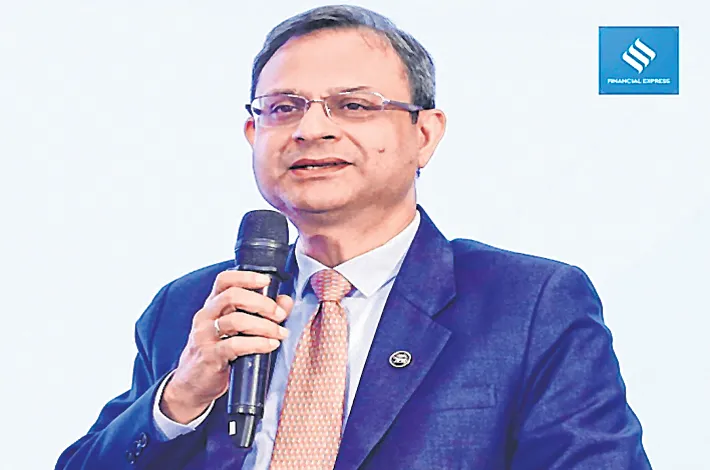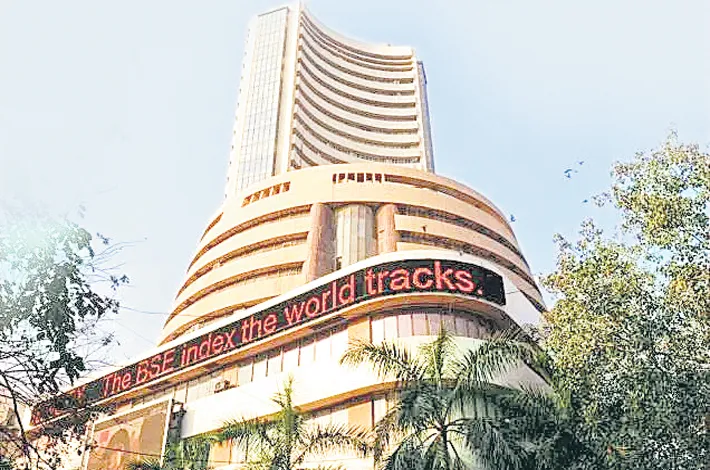Lack of political agenda functioning BRICS’ working
19-07-2025 12:00:00 AM

Unless BRICS members resolve their inter se differences, their ability to change global dynamics in favour of Global South seems limited
Ever since Brazil, Russia, India and China first met in 2009 in the backdrop of the “Great Recession” of 2008, the BRICS has been a pressure group seeking a greater role for itself in the functioning of global financial and economic institutions. The striking reality of the BRICS is the lack of a political agenda, which was the hallmark of older developing country groupings, the Non-Aligned Movement or the Group of 77 (G77) in the UN, in particular.
It was their political understanding that led these groupings to demand a comprehensive reordering of the global economic order for bridging the North-South divide. This was best reflected in the “Declaration on the Establishment of a New International Economic Order (NIEO)” adopted by the UN General Assembly in 1974, following a series of initiatives taken by the G77. The declaration on NIEO spoke, among other things, of the need to “correct inequalities and redress existing injustices”, making it “possible to eliminate the widening gap between the developed and the developing countries”.
The BRICS lacks a political perspective since the idea of the grouping came not from its members but from Jim O’Neill, Head of Global Economic Research at Goldman Sachs. O’Neill argued in 2001 that by the end of the decade, Brazil, Russia, India and China, “the BRIC”, would challenge the overwhelming influence of the G7 over the global economy (http://bit.ly/46aoYpa).
He suggested that the G7 include the BRICs to allow “more effective global policymaking”. Though this suggestion was realised through the formation of the G20, commentators have argued that the G20 was “born to legitimate G7 initiatives to the wider world by securing a broader consensus for G7-generated ideas” (http://bit.ly/3ILP8ol), and it did so by including emerging economies in the grouping. Faced with the compulsions of having to pursue the G7 agenda as a member of the G20, BRICS members were unable to pursue a strategy enabling them, and their fellow travellers in the South, to grow out of the shadows of the North.
There are signs that this could be changing. In the recent BRICS Summit in Brazil, the grouping articulated the concerns of the “Global South” for the first time, as the Rio Declaration focused on “Strengthening Global South Cooperation for a More Inclusive and Sustainable Governance”. Leaders highlighted the “importance of the Global South as a driver for positive change, especially in the face of significant international challenges, including deepening geopolitical tensions, rapid economic downturns and technological changes, protectionist measures and migratory challenges”. They emphasised that the BRICS would “play a pivotal role in voicing the concerns and priorities of the Global South, as well as in promoting a more just, sustainable, inclusive, representative and stable international order based on international law”.
The reform of the global financial architecture was one of the main targets of the grouping since its inception. It must be said, to the credit of the BRICS, that their efforts to reform the financial architecture were not limited to reforming the governance structures of the Bretton Woods institutions; they created a development finance institution, the New Development Bank (NDB), in 2013.
The Rio Declaration endorsed the growing role of the NDB as a “robust and strategic agent of development and modernisation in the Global South”, while committing to “strengthening financial mechanisms that promote inclusive and sustainable development in the Global South”. This commitment assumes significance with the US relinquishing its role as the largest provider of foreign aid and aid budgets of most Western economies being pruned to increase defence spending, in keeping with their commitment as NATO members.
There was considerable interest around the Rio Summit on the BRICS’ response to President Donald Trump’s trade protectionism, especially the far-reaching implications of Trump-tariffs on the Global South. The grouping unequivocally voiced “serious concerns about the rise of unilateral tariff and non-tariff measures which distort trade and are inconsistent with WTO rules”. The BRICS members strongly backed the “rules-based, open, transparent, fair, inclusive, equitable, non-discriminatory, and consensus-based multilateral trading system”, which includes special and differential treatment (S&DT), allowing developing countries to take less onerous commitments.
Though the BRICS made a strong pitch for the Global South in the Rio Summit, there are lingering questions about the ability of the grouping to effectively pursue the interests of the South. This stems from the past failings of the four founding members and South Africa to agree on common positions in most global forums for furthering the interests of the Global South.
A majority of low-income countries are saddled with excessive external debt burdens, seriously undermining their development prospects. Debt redressal has been on the G20 agenda, and it was expected that three successive BRICS presidencies, namely, India, Brazil and South Africa, would help in finding a lasting solution to this vexed problem through coordinated action. However, just months before the Johannesburg Summit, this expectation remains unfulfilled.
Though the WTO promises a development-friendly environment, rules of most covered agreements under the organisation are skewed against developing country interests. In the early years of the millennium, India, Brazil and South Africa made a compelling case for reforming the WTO to make it more supportive for developing countries. The BRICS, collectively, pursued this agenda after China and Russia became WTO members. However, in recent years, this reform agenda was pursued only by India and South Africa, while Brazil, China and Russia have generally supported the agenda set by the advanced countries.
During the COVID pandemic, when most developing countries were unable to obtain vaccines and other medical products at affordable prices, India and South Africa tabled a proposal in the WTO urging that implementation, application and enforcement of patents and other forms of intellectual property rights on these products be waived. This could have helped improve access and availability of vaccines and medicines. Though 63 WTO members co-sponsored this proposal, Brazil, China and Russia did not lend their weight. Inevitably, the proposal fell through, leaving over 60% of low-income country citizens without access to vaccines. Thus, unless the BRICS members are able to resolve their inter se differences, the ability of the grouping to change the global dynamics in favour of the Global South seems quite limited.








